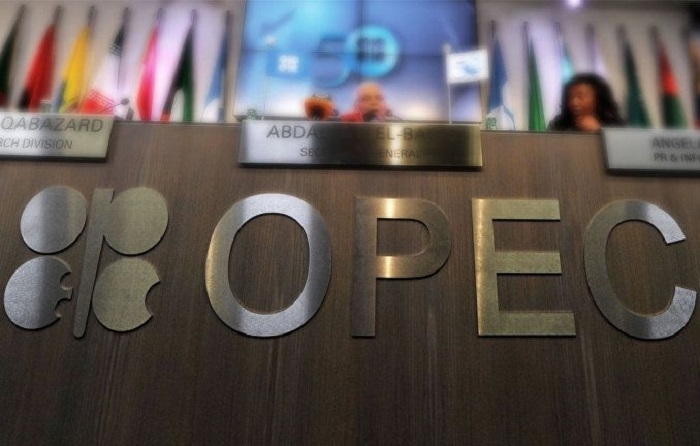Even so, there will be a further four months of the existing agreement to run at that point, so another deferral on a decision is the most likely outcome, the analysts believe.
"Furthermore, with the peak domestic demand period for many of the Middle Eastern members of OPEC now behind us, we expect to see compliance levels start to ebb away in the coming months. In particular, Saudi Arabian crude burn will likely slip in the coming months, freeing up an incremental 300-400 kbd of crude for export from August levels," said JP Morgan.
OPEC and participating non-OPEC producing countries recorded the highest conformity ever with their voluntary adjustments in production, achieving a level of 116 percent as of August 2017.
On May 25, OPEC member countries and non-OPEC parties, Azerbaijan, Kingdom of Bahrain, Brunei Darussalam, Kazakhstan, Malaysia, Mexico, Sultanate of Oman, the Russian Federation, Republic of Sudan, and the Republic of South Sudan agreed to extend the production adjustments for a further period of nine months, with effect from July 1, 2017.
The reductions will be on the same terms as those agreed in November.
More about: #OPEC
















































